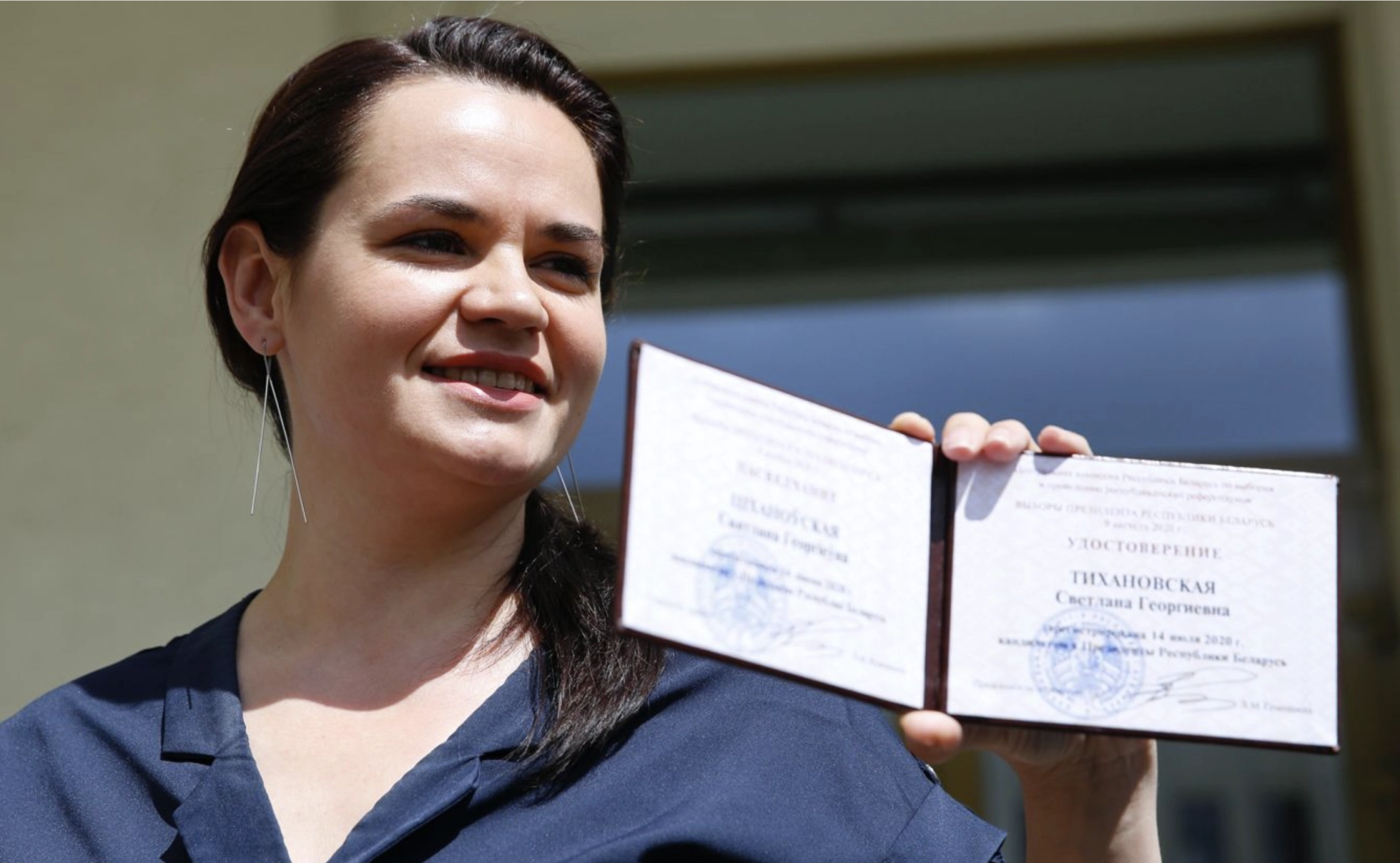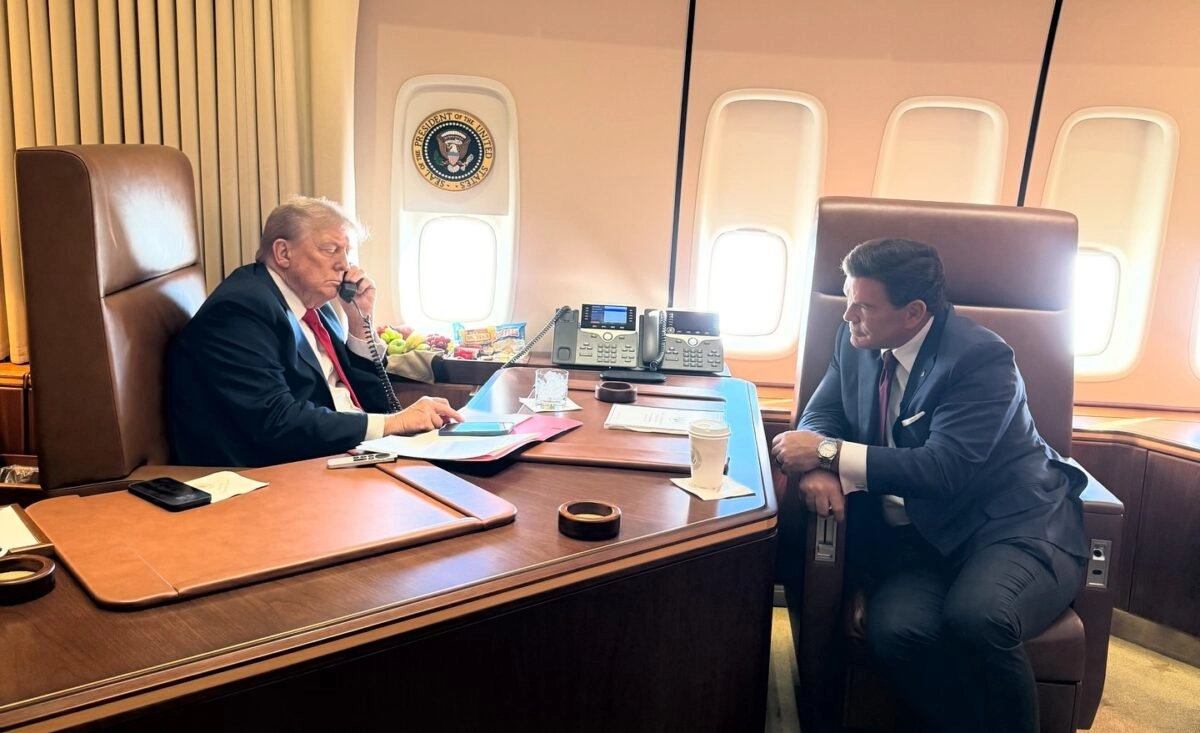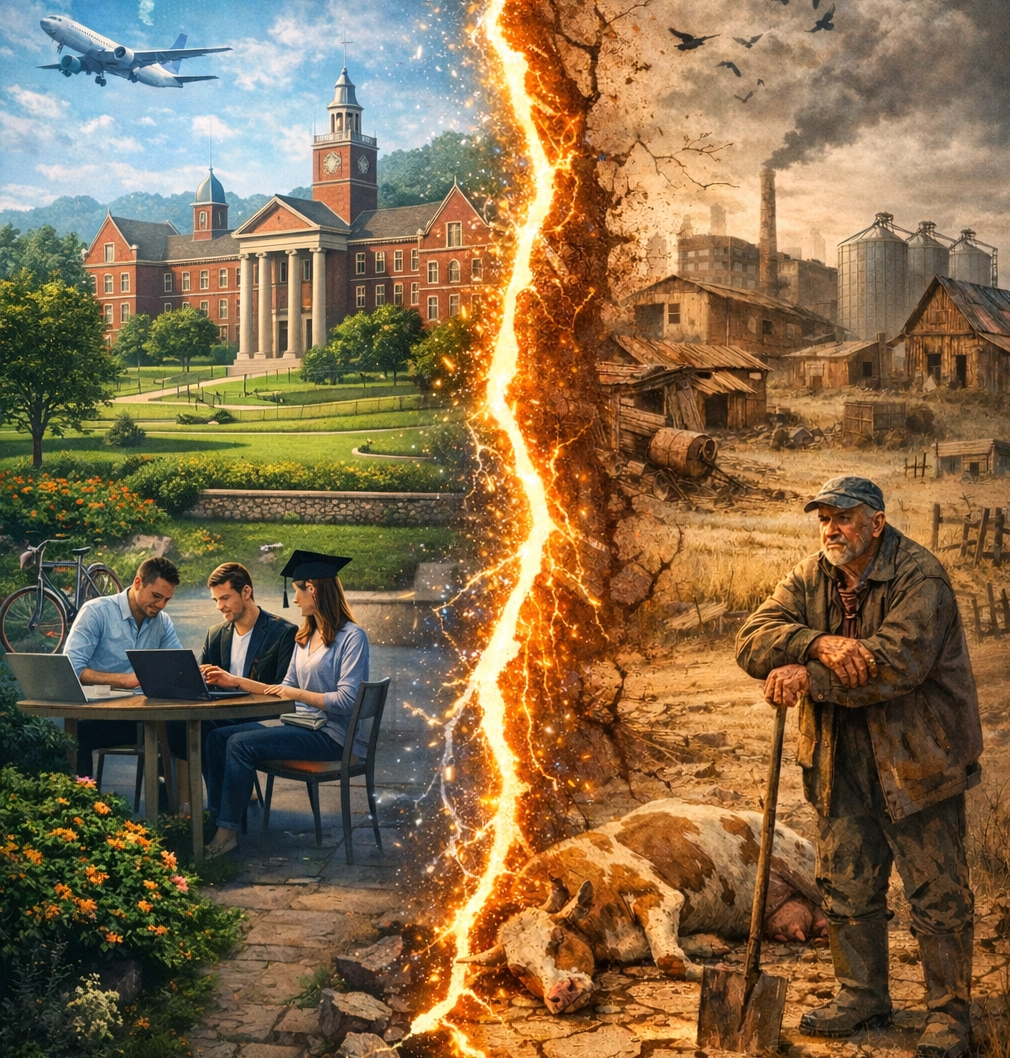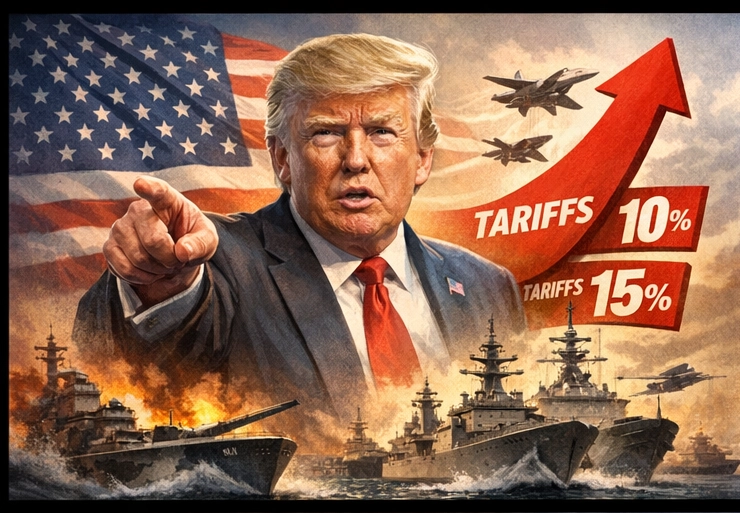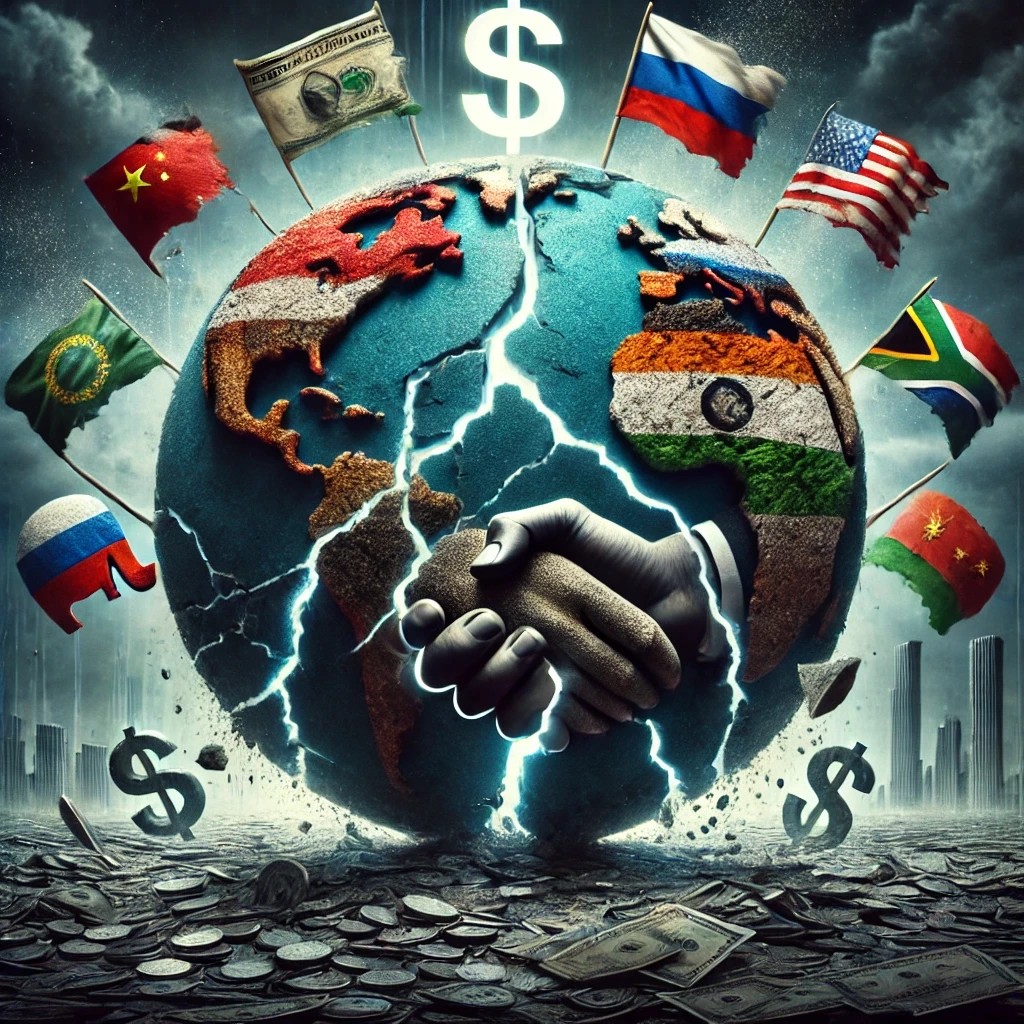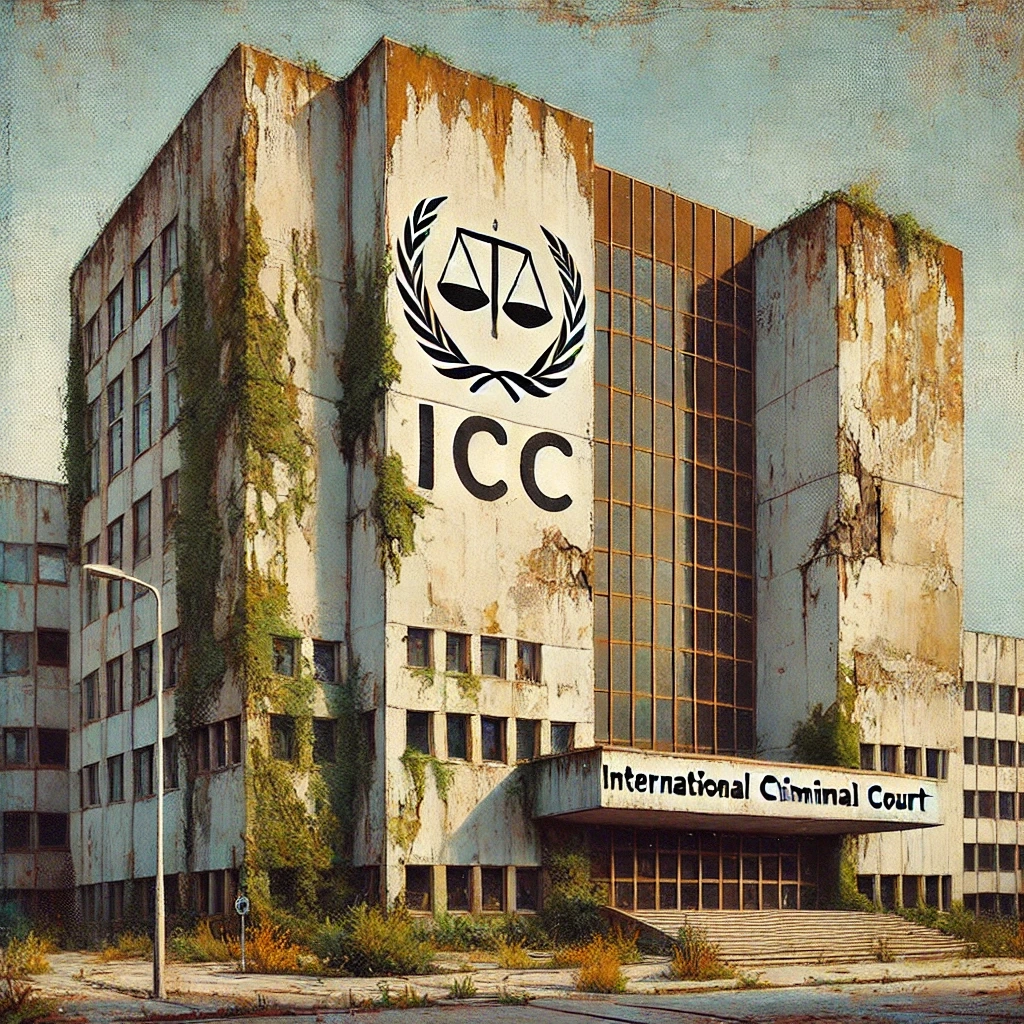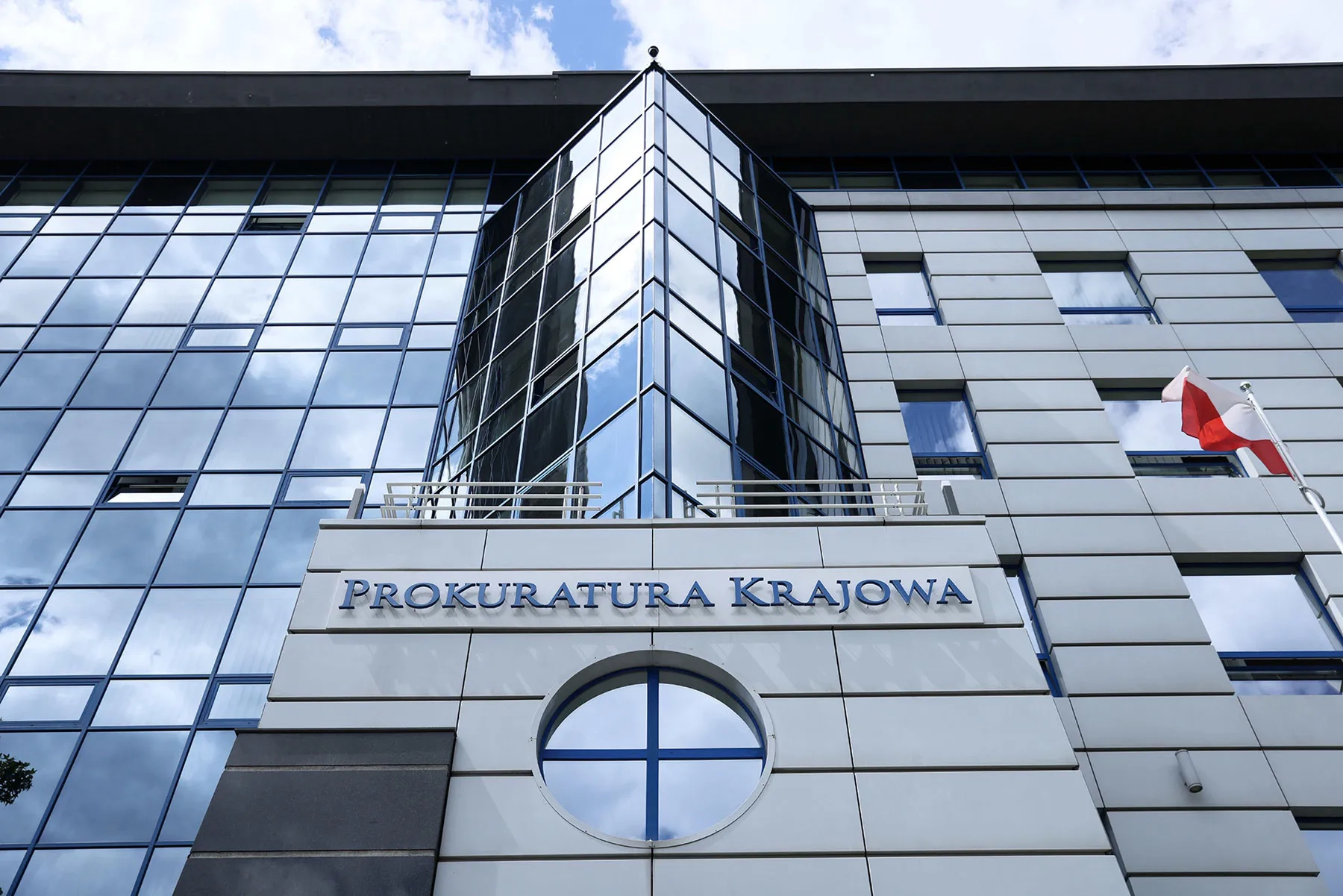How the Regime Purged the Election
Veronica and I met with people every day on the streets of Belarusian cities. People came up, shook our hands, thanked us, and voiced their support.
It was genuine, face-to-face engagement—something Lukashenko hadn’t experienced in thirty years. In that time, a whole generation has grown up in Belarus.
His events were always stage-managed theater: the same extras in new costumes, pre-approved guest lists, streets cleared of people. Anything not blessed by the security services was removed in advance.
As public support grew, the regime simply annulled more than 650,000 signatures collected for Viktar Babaryka and for me. In their world, the people’s will did not exist.
And these were not anonymous ballots swapped out on election day, as before. They were open signatures—placed by Belarusians consciously, responsibly, and, yes, courageously. Not in a secret booth, but on sheets listing passport details, home addresses, and phone numbers.
Formally, the Central Election Commission (CEC) refused to register Viktar Babaryka not because of the signatures—though it tried to smear him there as well, hinting at “fraud” and claiming half were “fake.” The main pretext was a criminal case opened against him.
That step was purely political. Under Belarus’s Electoral Code, the mere initiation of a criminal case is not grounds to deny registration. The law does not allow anyone to be stripped of electoral rights before a guilty verdict enters into force. That follows directly from the presumption of innocence enshrined in the Belarusian Constitution and in international law.
Brazil: Luiz Inácio Lula da Silva was barred only after a conviction; in 2021 the Supreme Court deemed the process politically motivated. In 2022 he ran again—and won.
United States: Donald Trump ran for president despite multiple criminal cases, including charges of falsifying documents and attempting to influence election results.
At the time, I was the only public politician to openly condemn the criminal prosecution of Donald Trump, while most stayed silent rather than cross the Biden administration.
I don’t just know how easily charges can be fabricated—I feel the baseness of it. I lived through it: stay out of politics and they leave you alone; declare your intent to run, and the entire repressive machine descends—criminal cases, smears, pressure on your family. It is political reprisal, unmistakable once you’ve faced it.
Refusing to register Viktar Babaryka was a political decision that trampled equality before the law and turned the election into a cheap farce.
I was removed from the race on an equally contrived pretext—allegedly that half our submitted signatures, like Babaryka’s, were invalid.
In response, people lined up—at district election commissions and at the CEC. They brought passports, gave precise addresses, the place and time they had signed.
Belarusian athletes also spoke out against my removal from the ballot - tribuna.com



They came to prove the obvious: they had indeed signed—voluntarily, knowingly, and out of inner conviction.



They also insisted the commissions show at least one person whose signature was ruled invalid. None was named—because no one had been called in, interviewed, or even informed.
Read on — The Secret of Sviatlana Tsikhanouskaya’s Registration…
